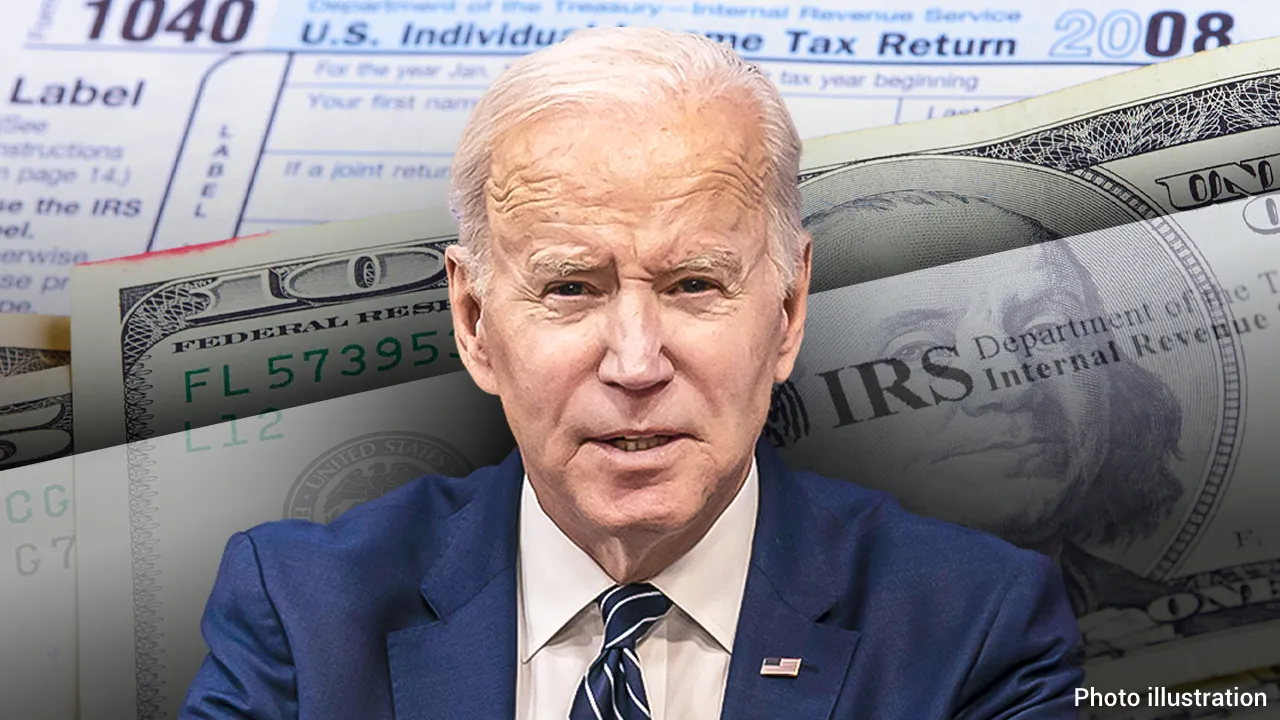The Biden administration’s $60 billion investment in strengthening the Internal Revenue Service aimed to increase tax collection from wealthy individuals, resulting in an additional $1 billion collected, yet critics remain skeptical about its impact on broader fiscal challenges.
Internal Revenue Service Strengthening Efforts Yield $1 Billion From Wealthy Taxpayers – But Economic Challenges Persist
According to the Reason, the Biden administration recently spent $60 billion to make the Internal Revenue Service stronger, aiming to get more taxes from rich people. They succeeded in collecting $1 billion more from wealthy individuals who hadn’t paid their taxes. This effort was part of a plan to close the gap between what’s owed in taxes and what’s paid.
While $1 billion may appear substantial, it only covers about an hour and a half of federal government spending, given the daily expenditure rate. The United States is grappling with significant financial challenges, including a projected $2 trillion deficit this year and a staggering $20 trillion over the next decade. Addressing these issues will necessitate substantial reforms in government spending and tax collection methods.
READ ALSO: Lawrence Cheng Of Wendy’s And Juancarlos Chacon Of Jersey Mike’s Adjust To California’s Wage Hike

$1 Billion in Taxes Collected: Biden Administration’s Internal Revenue Service Enforcement Efforts Yield Substantial Revenue Boost Amidst Growing Fiscal Concerns (PHOTO: The Washington Post)
Debate Grows Over Internal Revenue Service Funding – Critics Question Impact on Economic Equality
The Internal Revenue Service has more money to do this enforcement work, but it’s controversial because it costs a lot and might not solve the country’s financial problems entirely. Critics argue that targeting only wealthy taxpayers for unpaid taxes may not be fair or effective in fixing the broader economic issues the country faces.

















































